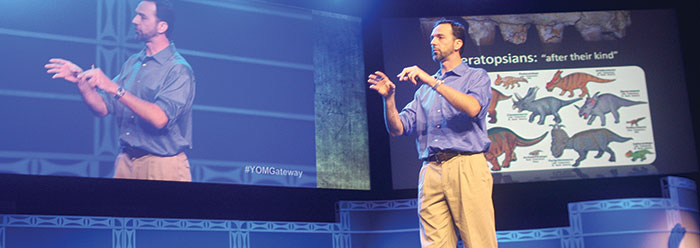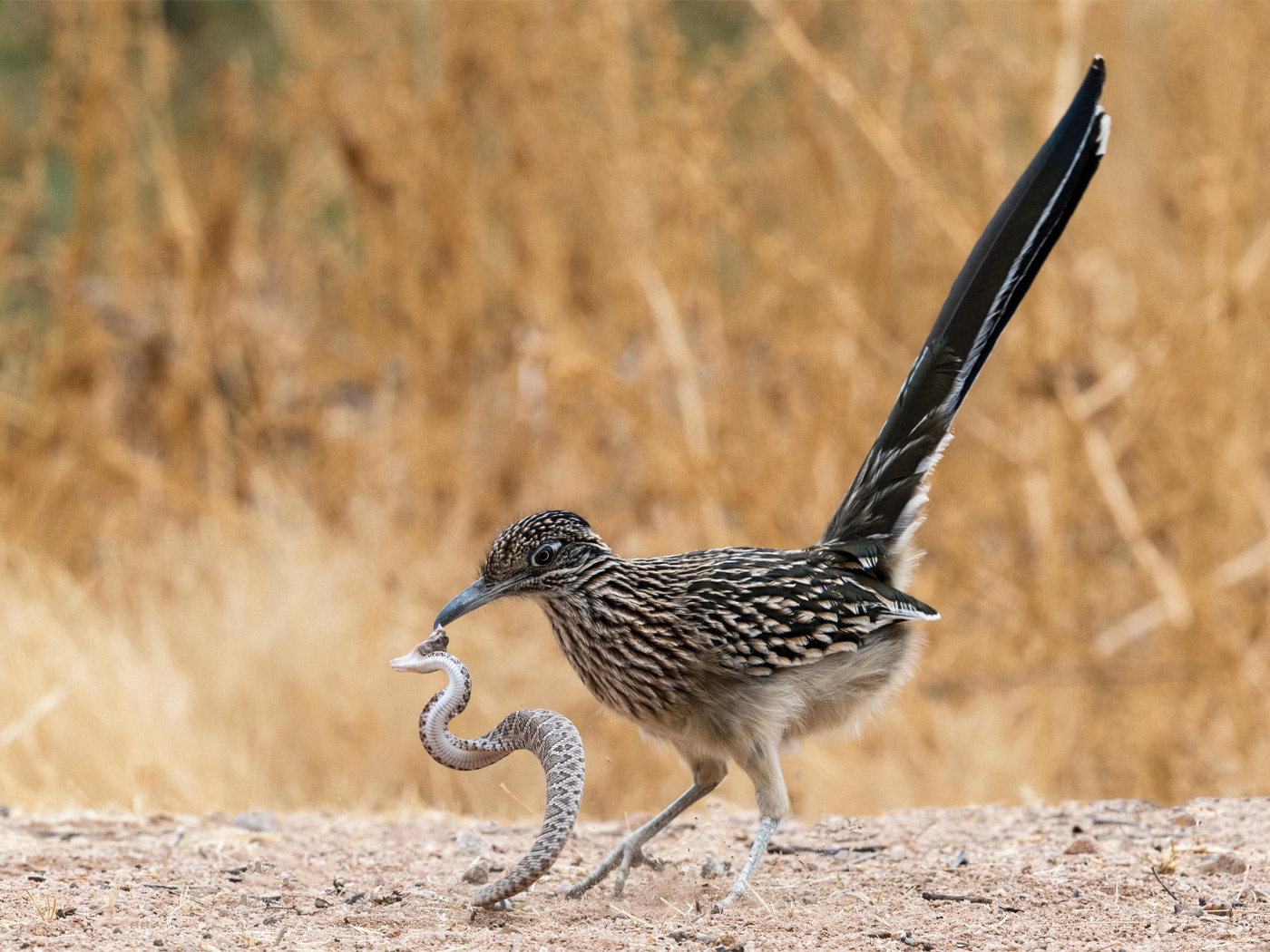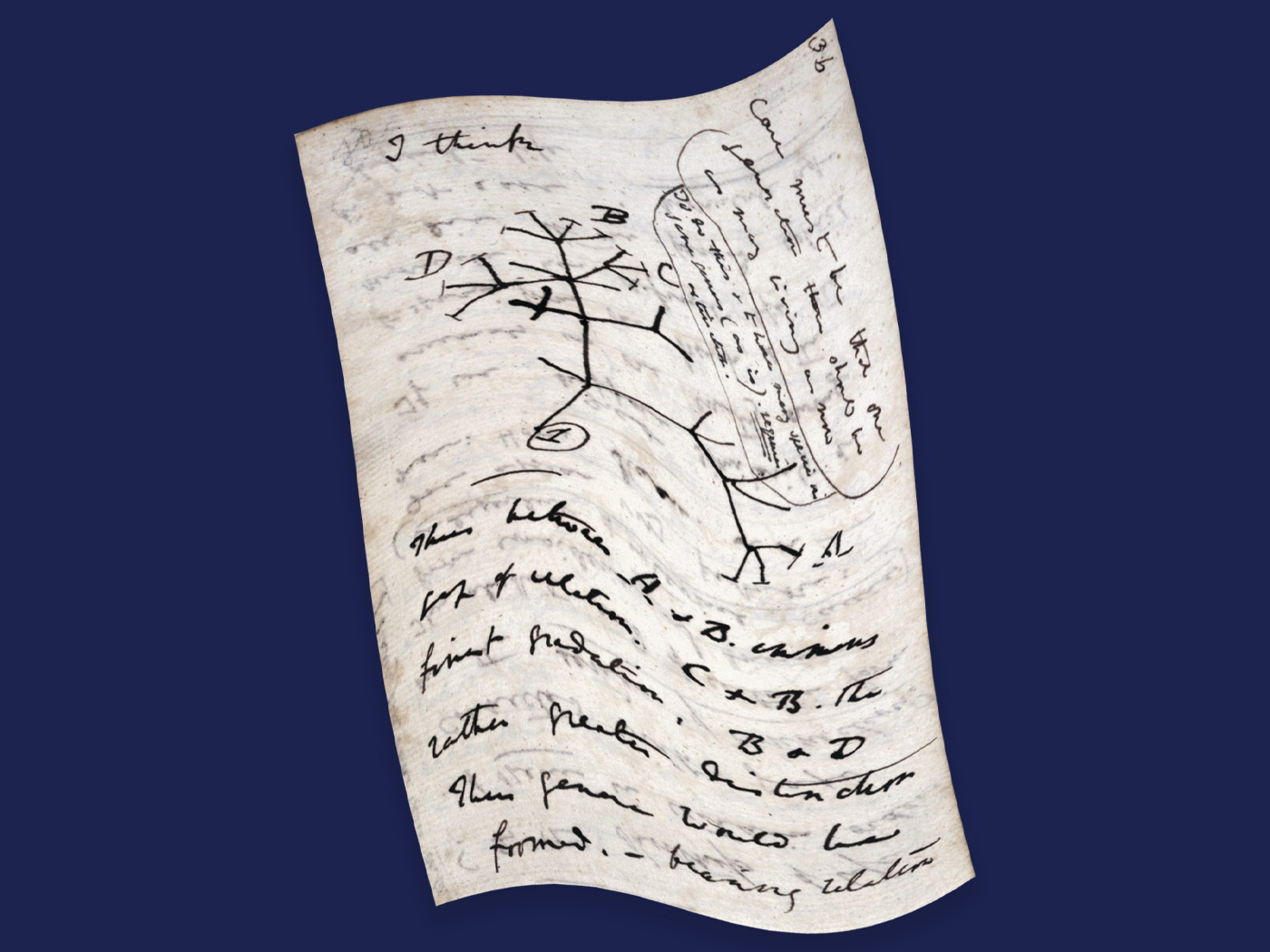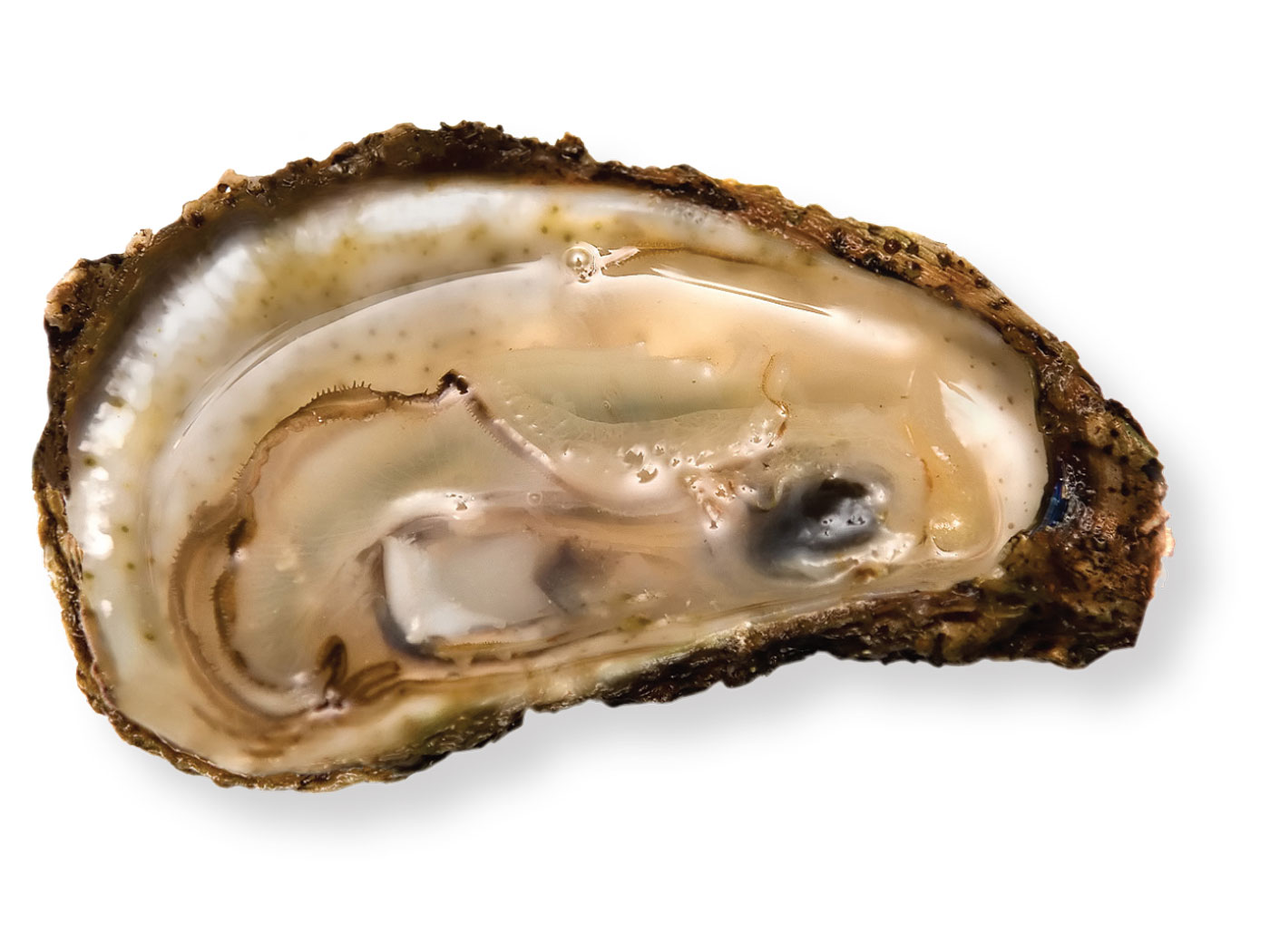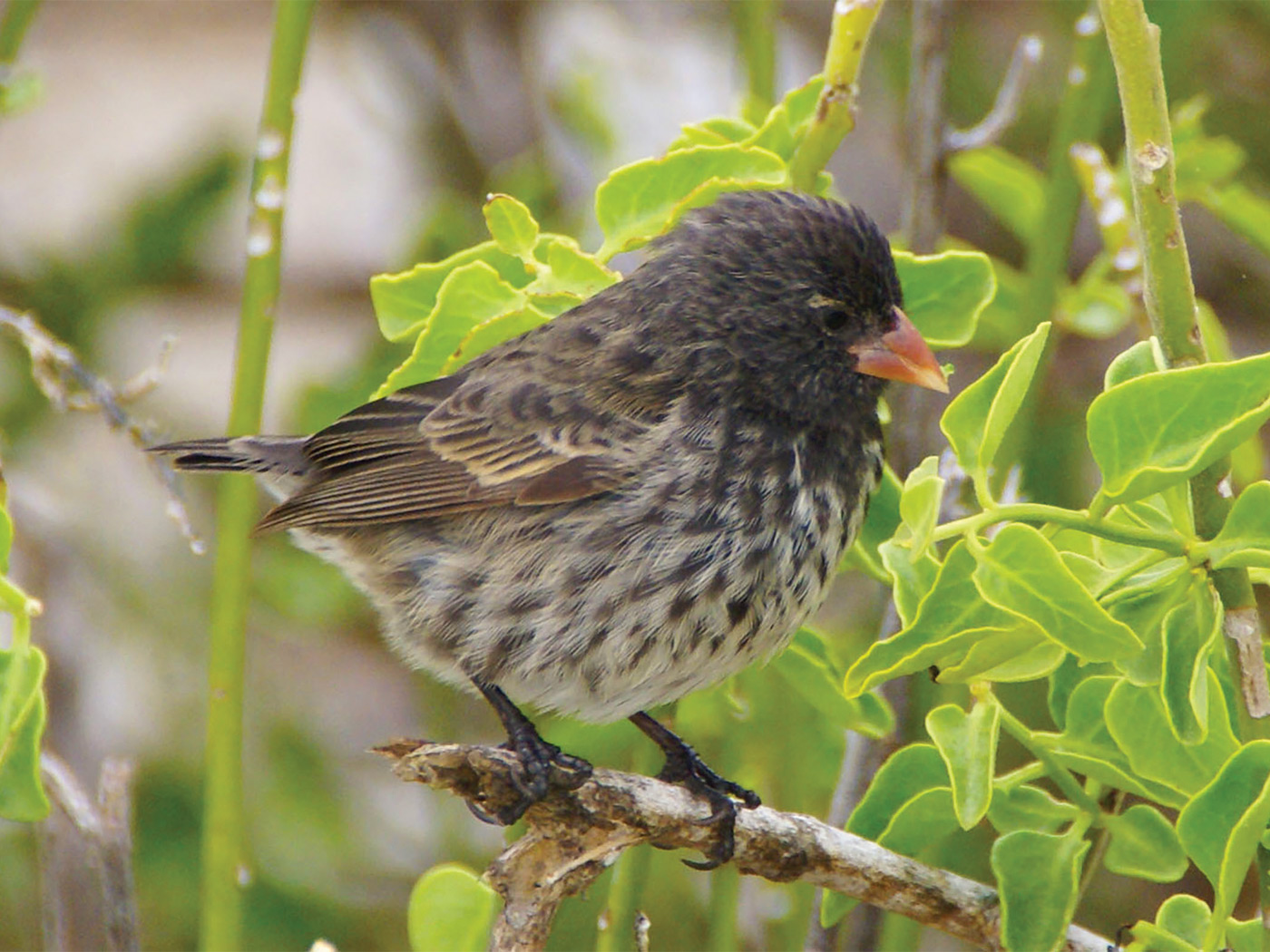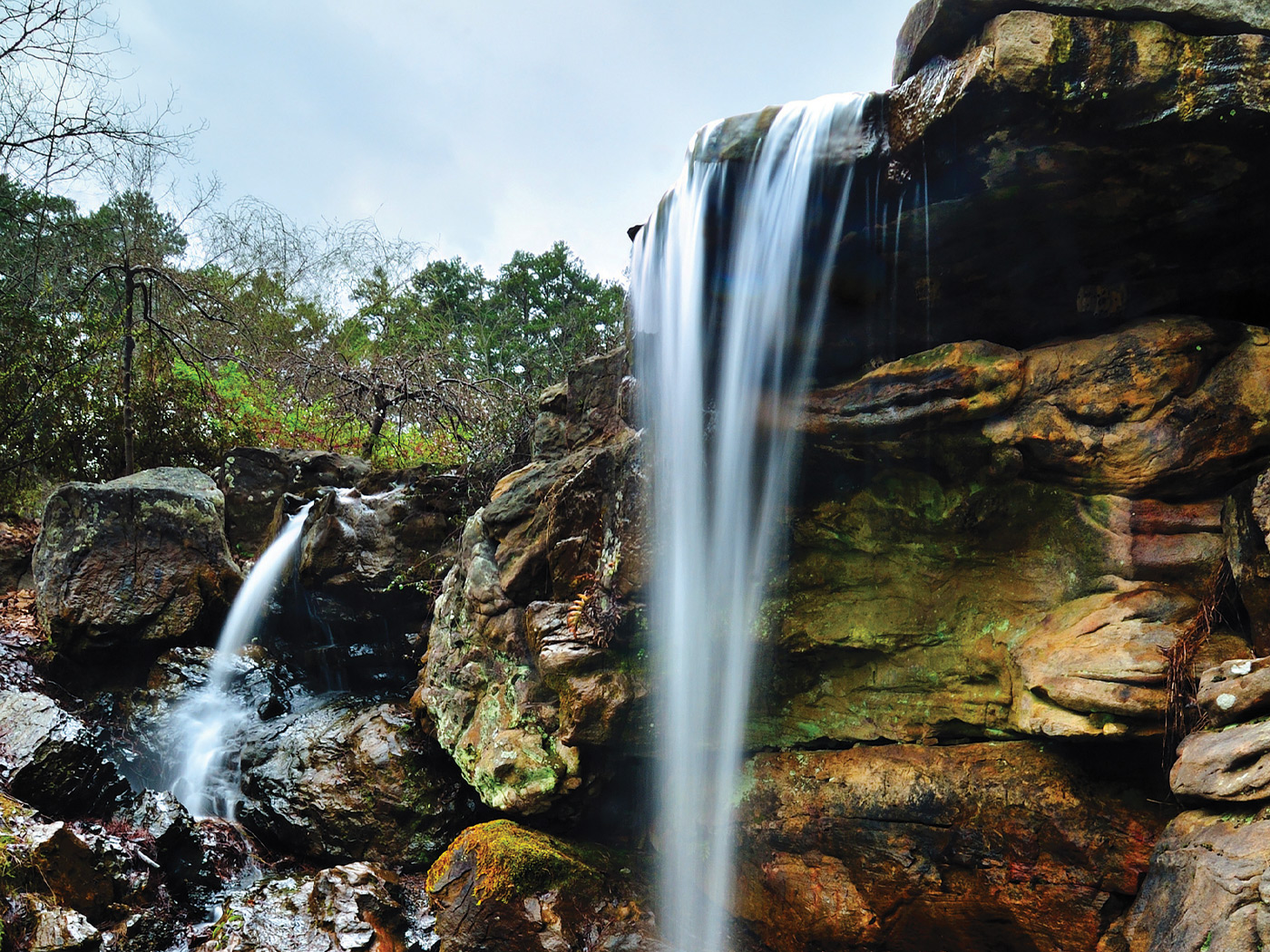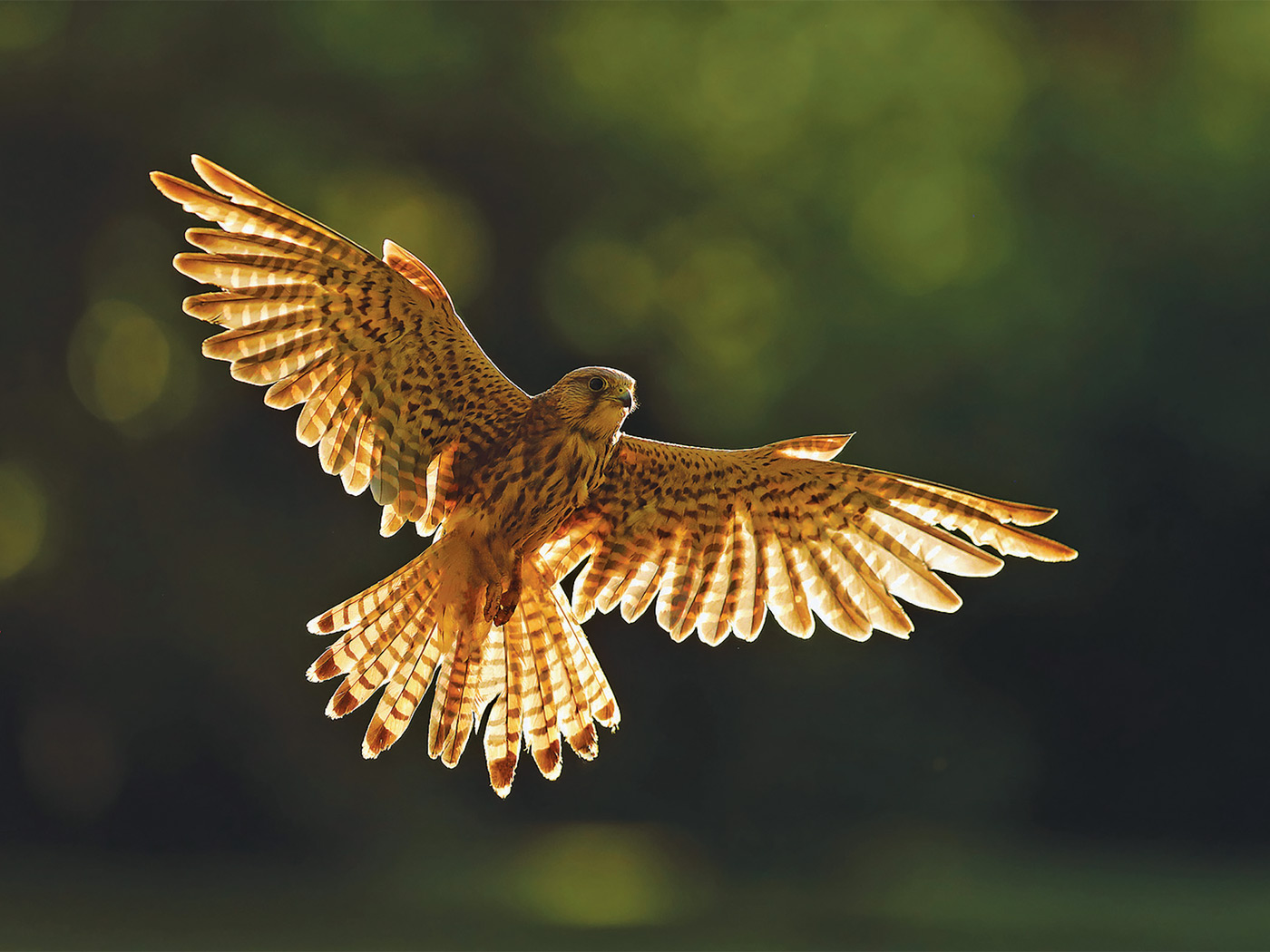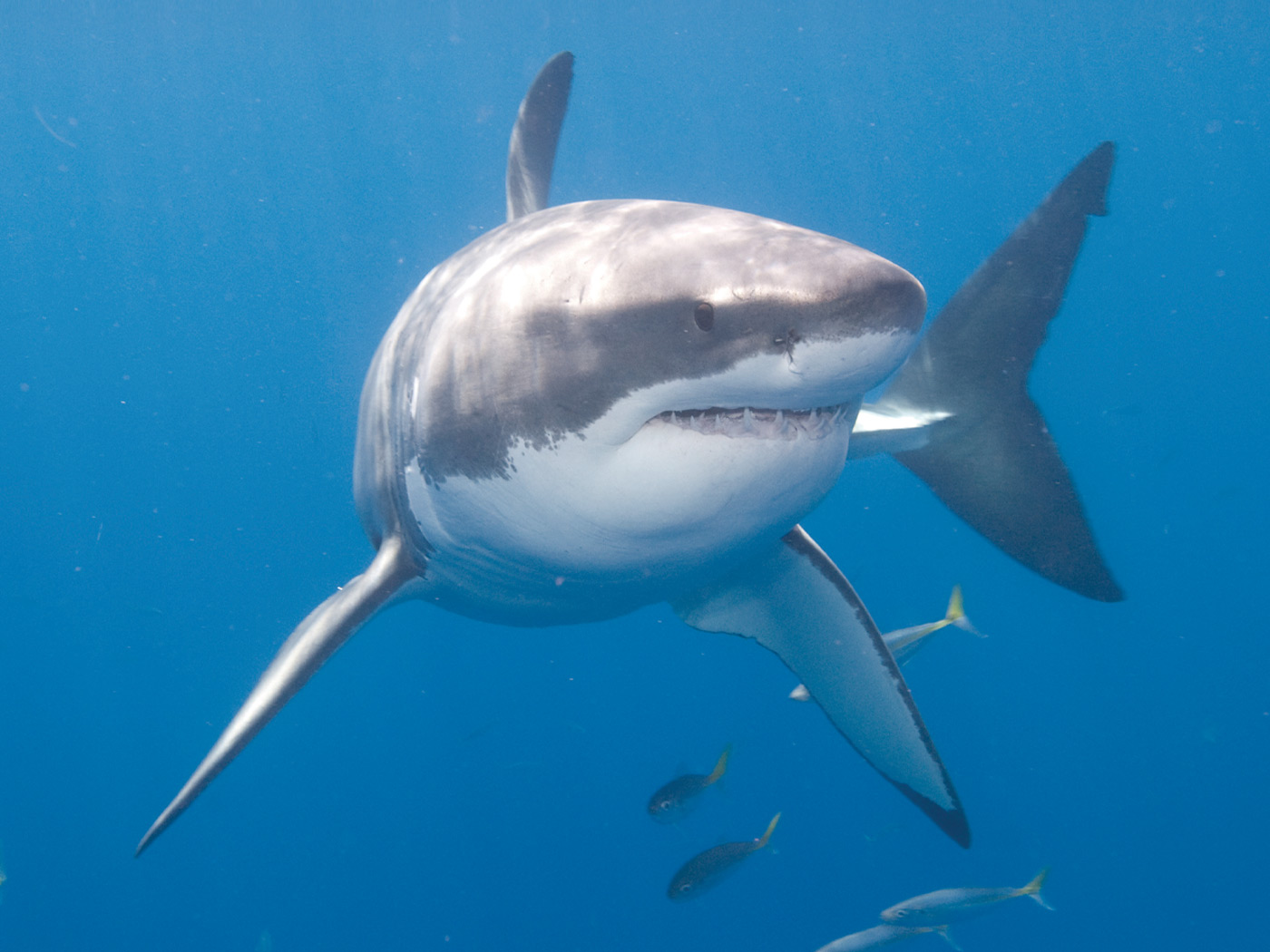There was a sense of freedom, of total lightness—for the most part, not a single problem weighed on our hearts, except the occasional thunderstorm that drove us inside.
Those days are now nothing but wistful memories. The cares and concerns of adulthood quickly eclipsed that carefree time.
These last few weeks in particular have heightened stress levels for all of us more than ever. Will the coronavirus strike among our family and loved ones? Will the supply chain continue to struggle, making it harder for us to find things that we need? Will we need to stay isolated away from others for a long time? What about the schools—how long will they stay closed? Will we lose our jobs as a result of economic damage?
These and others are legitimate concerns, and it’s wise to think through a plan of action in case these things occur. However, we would also benefit from bringing back into our lives one particular element from those carefree summer days.
In fact, according to Christ, it’s not a choice. We must bring this element back.
Once during His ministry, Jesus gently placed a child next to Him. “Unless you are converted and become as little children,” He told His followers, “you will by no means enter the kingdom of heaven.”1 But what did He mean? To be “converted” is clear enough. Christ said many other times that we are to repent and believe in Him as the only way of salvation. But in what way are we to “become as little children”?
He immediately explains His statement in the next verse: “Therefore, whoever humbles himself as this little child is the greatest in the kingdom of heaven.”
There are many ways that children could be considered “humble.” Matthew Henry, in his commentary on this passage, walks through a number of these. We must “desire the sincere milk of the word,” “be harmless and inoffensive,” be unassuming and not arrogant… the list goes on.2
Every true believer admits, to some degree, the importance of humility in the Christian walk. However, there is one aspect of humility that children excel at and adults often forget: trust.
In the New Testament, Peter tells his readers to “humble yourselves under the mighty hand of God... casting all your care upon Him, for He cares for you.”3 Peter, under the inspiration of the Holy Spirit, defines humility as giving our troubles over to God. True humility trusts God completely.
To put it bluntly, when we are humble, we trust God. When we do not trust God, we’re not being humble.
Childlike trust…
• Recognizes that Someone higher than us is in charge of situations and outcomes, and we are not.
• Lives joyfully, free from the burden of trying to control things outside of our power.
• Plans wisely and acts righteously, but also adapts cheerfully when God decides to change the situation.
• Knows that we have a good Father who always gives His children exactly what we need (though not always what we want).
It’s important to recognize that trust in God’s goodness and sovereignty is not an excuse to neglect our own responsibilities. As a matter of fact, the opposite is true. When we yield up, in trust, the things that were never ours to control in the first place, we actually become freer and more capable of completing those things that God has told us to do.
As Micah exclaimed to the people of Israel, “And what does the Lord require of you but to do justly, to love mercy, and to walk humbly with your God?”4
God has made things very simple for believers. We are to love Him and love other people.5 He even describes for us exactly how to do those things in His Word. He wrote us step-by-step instructions.
Instead, too often we neglect those commands while we pointlessly strive to control everything and everyone around us. We fret about the things that are God’s responsibility, and forget about the things that are our responsibility.
But while we’re worrying about the future, we’re missing out on what God wants us to do in the present. While we’re busy trying to tweak our circumstances, we’re blind to the fact that God delights in tweaking our hearts.
We will never again enjoy the blissful, endless summer days we had when we were younger. But when we give back to God the things that are His and take ownership of the tasks He’s given us, our lives are filled with joyful freedom—freedom from the weight of things too heavy for us to carry.
References
1. Matthew 18:3-4.
2. Henry, M. Matthew 18. In Matthew Henry’s Commentary on the Whole Bible: Genesis to Revelation. Posted on biblestudytools.com, accessed April 7, 2020.
3. 1 Peter 5:6-7.
4. Micah 6:8.
5. Matthew 22:37-40.
*Lauren Pennington is Volunteer Coordinator at the ICR Discovery Center for Science & Earth History.






